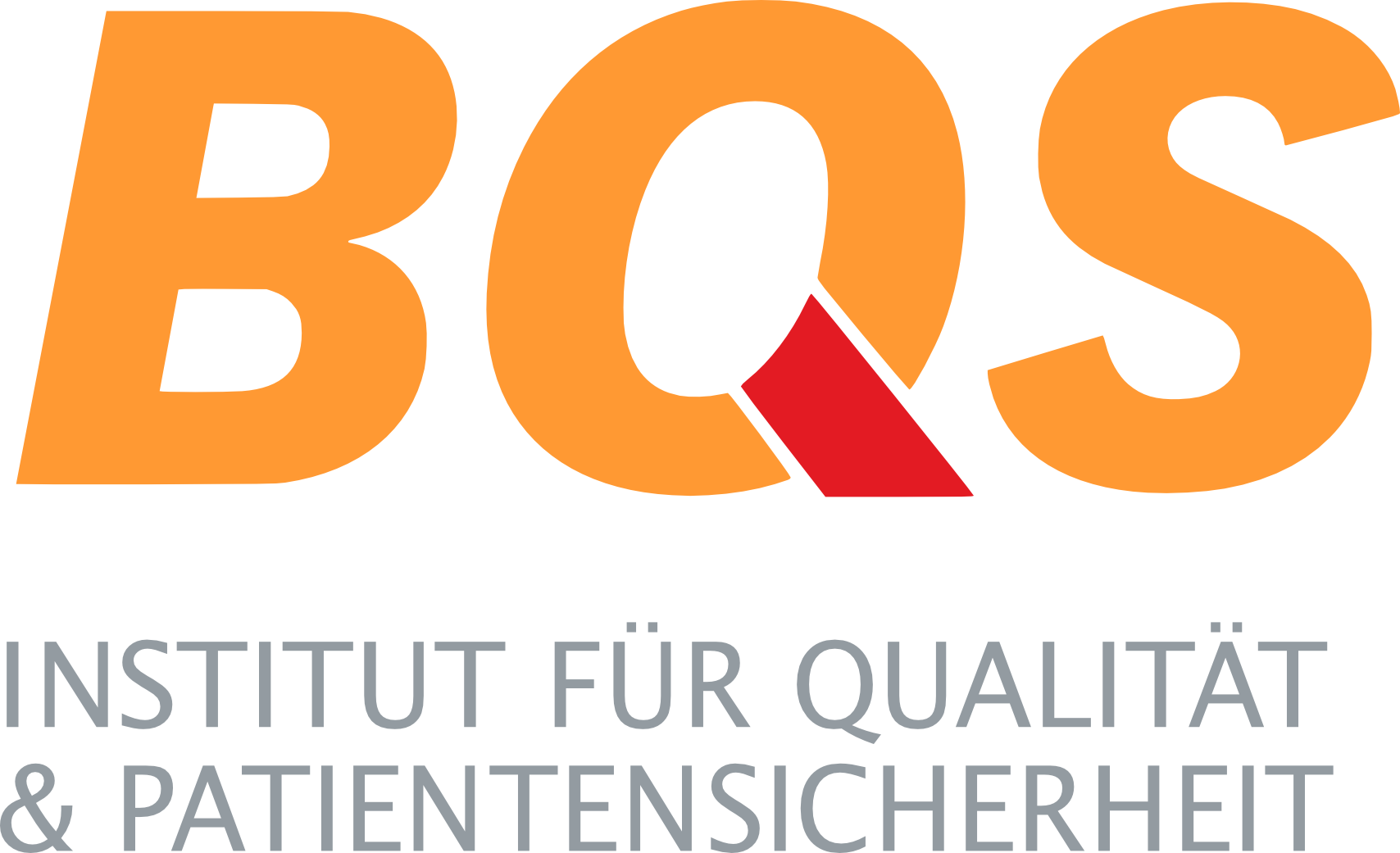Outcome quality and patient satisfaction for inpatient and outpatient geriatric rehabilitation facilities.
15.11.2013
At the end of 2011, the BQS Institute was commissioned to carry out the QS-Reha® procedure for the years 2011 - 2016.
On behalf of the GKV-Spitzenverband, the BQS Institute is preparing a quality assurance procedure in the area of process and outcome quality as well as patient satisfaction for inpatient and outpatient geriatric rehabilitation facilities.
Outpatient and inpatient rehabilitation facilities are required by law to participate in external quality assurance measures. The GKV has therefore developed the QS-Reha® procedure with significant involvement of scientific institutes and the Medical Service since 2000.
At the end of 2011, the BQS Institute was commissioned to implement the QS-Reha® procedure for the years 2011 - 2016.
In continuation of this development, the GKV-Spitzenverband has commissioned the BQS-Institut as an independent scientific institute with the development of a quality assurance procedure in the area of process and outcome quality as well as patient satisfaction for inpatient and outpatient geriatric rehabilitation facilities within the framework of the QS-Reha® procedure of the statutory health insurance. The BQS Institute is supported and advised by the Robert-Bosch-Gesellschaft für Medizinische Forschung Stuttgart (RBMF), the Department of Quality Management and Social Medicine of the University Hospital Freiburg (AQMS) and anaQuestra GmbH, Berlin.
After completion of the development project, the quality assurance procedure will become legally binding for all inpatient and outpatient geriatric rehabilitation facilities as part of the QS-Reha® procedure of the GKV.
As far as possible, existing and already used survey instruments from geriatrics or the previous indication areas of the QS-Reha® procedure will be adopted and, if necessary, adapted to the special features of geriatric rehabilitation. The survey design currently used in the QS-Reha® procedure is also to be retained in principle for this indication area.
If established instruments cannot be used to measure recognized relevant quality characteristics, new developments will be made. In particular, the inclusion of patients' and relatives' views in the QA procedure in geriatric rehabilitation requires survey instruments, some of which will have to be newly developed. The resulting quality indicators will include patient satisfaction as well as newly developed indicators for process and outcome quality. The instruments will be tested in a pretest and pilot phase.
Essential for the success of the project is not least the participation of committed geriatric facilities interested in the success of quality assurance in geriatric rehabilitation. Therefore, the facilities will be informed early and continuously about the development. Participation in the pretest and pilot phase is open to all inpatient and outpatient geriatric rehabilitation facilities up to a maximum of 20 facilities.
Participating facilities receive evaluations of the results (in the pilot phase facility-specific evaluations) and are informed about the development status of the procedure at an early stage. Through their participation, they have the opportunity to influence the further development of the process.
Facilities wishing to participate in the pretest and/or pilot phase may contact the BQS Institute.


